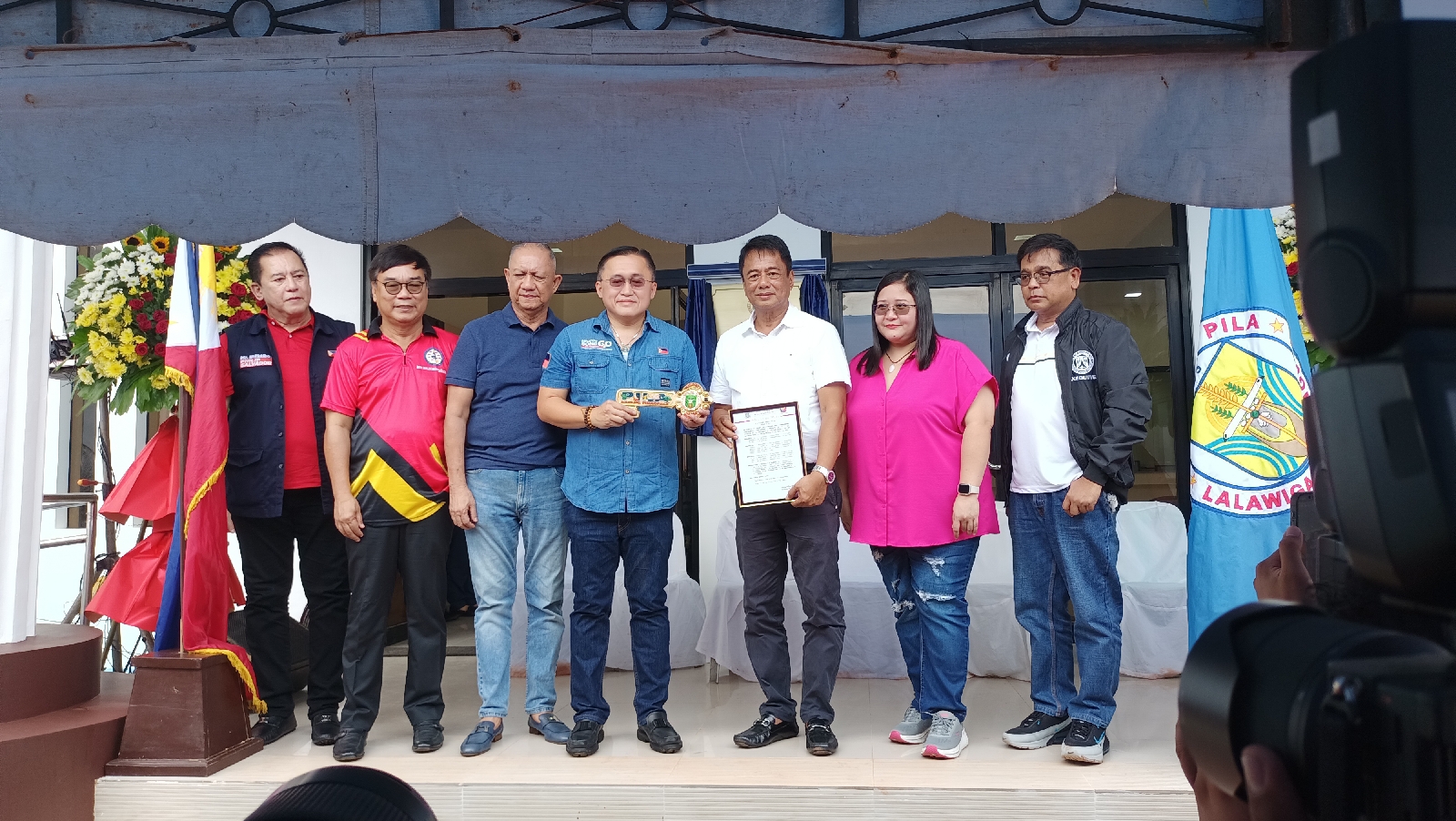PH firm partners with ASEAN, DENR for environmental conservation
PH firm partners with ASEAN, DENR for environmental conservation
OSAKA, Japan (PIA) — A Philippine-based conglomerate is among the businesses leading the cause in partnering with the Association of South East Asian Nations (ASEAN) and the Philippine government to institute effective and sustainable solutions for local communities and natural resources.
During the Theme Weeks initiative at the Expo 2025 Osaka where ASEAN-Japan Centre, in coordination with the ASEAN Secretariat, invited key players in biodiversity conservation and partnering with governments.
One of which is the Metro Pacific Investment Corporation (MPIC), a Filipino company with core businesses in key sectors throughout the country.
For MPIC, efforts are being done in three focus areas – progress, people, and planet and these three areas are also anchored on their partnerships with ASEAN and the Department of Environment and Natural Resources (DENR).
“Progress is connected with the upliftment of the people and taking care of the planet because we only have one planet and everything that we need to survive, the food that we eat, the water that we drink is within the planet and we need the people to take care of the planet and we need people to be progressive. Everything is inter-related,” June Cheryl Cabal-Revilla, Chief Finance Officer, Chief Sustainability Officer, and Chief Risk Officer of MPIC said.
According to the ASEAN Centre for Biodiversity (ACB), they actively seek partnership with different local communities, multilateral organizations, and businesses to meet its goal of ‘mainstreaming’ biodiversity.
Speaking at the said forum, Jerome Barradas, director of Public Engagement Division at ACB said that the center is one of the world’s technical and scientific cooperation support centers for the implementation of the Kunming-Montreal Global Biodiversity Framework, a global biodiversity initiative signed by 196 countries in 2022 to halt and reverse nature loss by 2030.
Barradas notes that a key component of the framework is the inclusion of a diverse set of collaborations.
“This is an effort to encourage or mainstreaming biodiversity into different businesses so that the challenges of regulatory compliance, incentives, balancing profitability with sustainability will be able to be managed so that’s one of the efforts we do.”
For ACB, their collaboration with MPIC has contributed to the establishment of the ASEAN Biodiversity Heroes, a platform where conservation stories emerge from seasoned development communication practitioners, storytellers, content creators, journalists, and creative writers from across the region.
At present, MPIC is involved in its joint stewardship of the Verde Island Passage, one of the world’s most crucial marine biodiversity hotspots that supports traditional fisheries and ecotourism.
The company also supports clean-up drives, realization of climate change goals of the Philippines, various reforestation programs, and sustainable investments on clean and green energy sources.
The work is not yet done, Barradas said, as their efforts in multi-sectoral action for the environment continues.
“[There’s] the need for us to recognize how much we depend on our environment, our ecosystem services, directly or indirectly. This is the basis of the future we want to see – a smart, sustainable, and inclusive future.”




Comments
Post a Comment